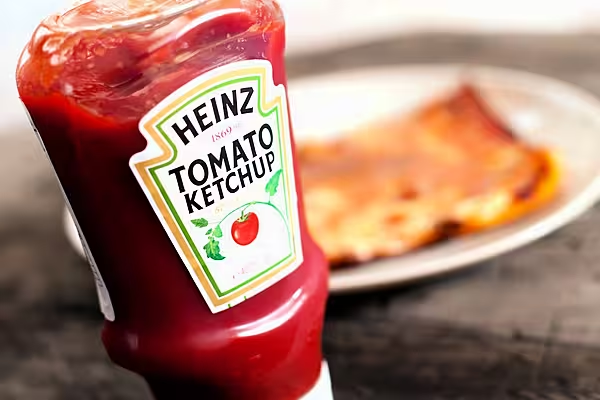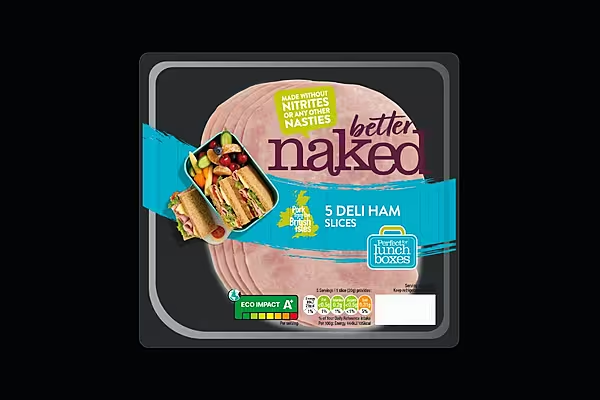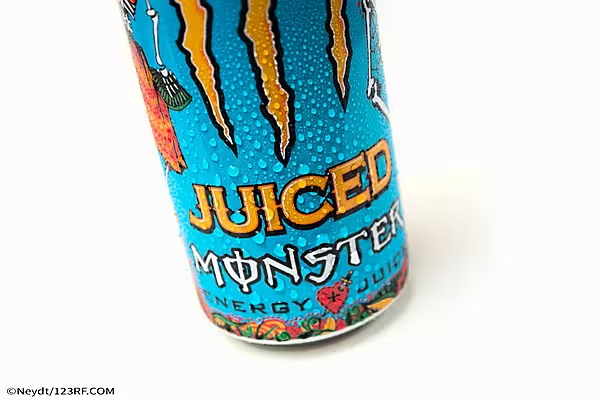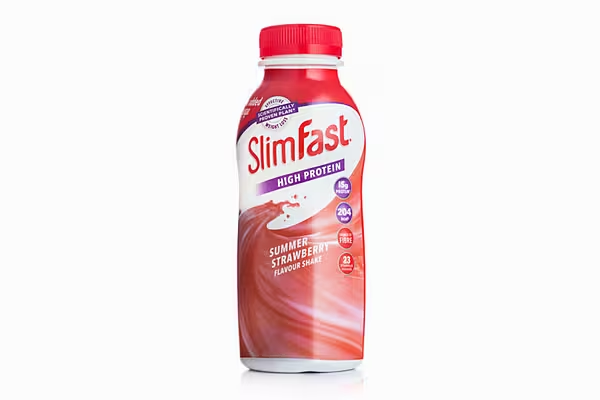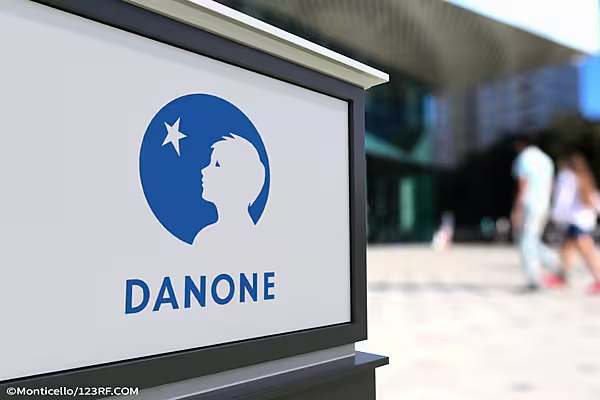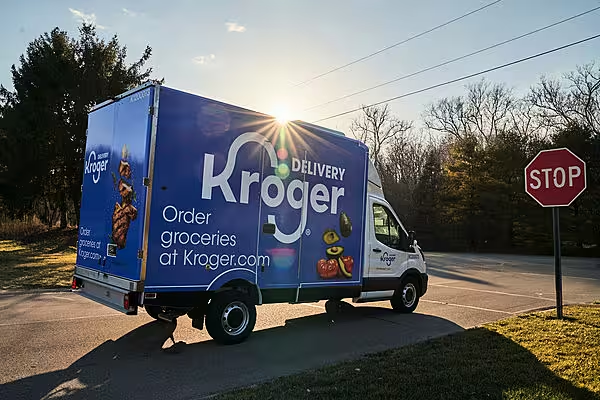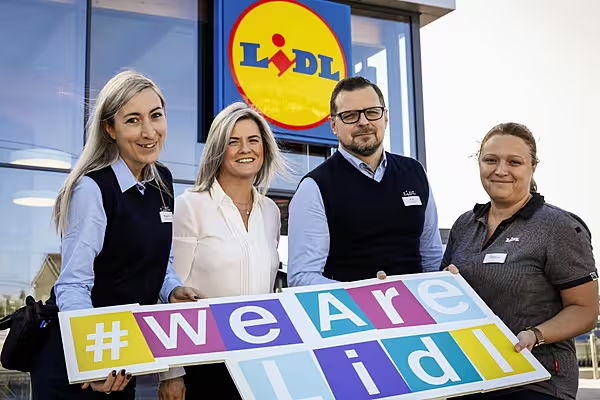Kraft Heinz Co's incoming chief executive, Miguel Patricio, is indicating a change in strategy for the packaged food company that could move it away from the aggressive cost-focused culture that has been in place since the company was created in 2015.
Patricio, a 52-year-old Portuguese native who will take over the helm of the world's fifth biggest food company from 1 July, said he plans to focus more on efficiency, investing in brands and growing sales organically at a company that has been reeling from a $15.4 billion writedown on some of its brands.
Kraft Heinz's focus on cost-cutting and interest in scoring a big acquisition have been key to the company's strategy under management installed by Brazilian private equity firm 3G Capital.
3G, along with Warren Buffett's Berkshire Hathaway, forged the $49 billion merger of Kraft Foods with H.J. Heinz in 2015.
"I think the obsession for efficiency has to be much bigger than the obsession for cutting costs," Patricio, 52, told Reuters on Monday.
"Cost cutting should be a priority for any company. However, you cannot cut costs every year," said Patricio, who most recently was the global head of marketing for brewer Anheuser-Busch InBev's. He previously worked at Philip Morris, Coca-Cola Co and Johnson & Johnson.
3G Capital, which is Kraft Heinz's second largest shareholder, behind Berkshire Hathaway, with a 22.15% stake, is known for scoring large Merger and Acquisition (M&A) deals and using a controversial cost-cutting tool called zero-based budgeting to keep profit margins high.
Zero-based budgeting requires managers to justify their expenses annually from scratch, rather than use the prior year as a guide or pursue cost savings on an ongoing basis.
Kraft Heinz's outgoing CEO, Bernardo Hees, a 3G partner, told Reuters in September that he was considering M&A to fuel growth.
Asked on Monday if Kraft Heinz was still considering big acquisitions, Patricio said he was sure the company would do so one day, but that his focus, for now, was on growing existing brands.
"At this moment, I'm really focused on the organic part of it. I think we can - and we need – to get organic growth and I'm going to put a lot of my time figuring that out."
Investors Want Proof
The announcement comes two months after Kraft Heinz took the massive writedown on some of its brands, cut its dividend and disclosed a Securities and Exchange Commission probe into accounting practices at its procurement unit. Intense competition from private-label brands, changing consumer habits and pressure from retailers to lower prices has sent the food industry reeling in recent years.
"Given what's happened at Kraft Heinz in the past several months, that 3G model has come into question," Edward Jones analyst Brittany Weissman said. "I think they realize they cut a little too far.
"And to Patricio's point, it may now be about investing where you need to while maintaining cost discipline. Investors want to see proof that can grow sales." Weissman said. "It's good to hear they're not thinking about an imminent acquisition. From a balance sheet perspective, they're not there yet."
3G did not immediately respond to a request for comment.
Under Hees, Kraft Heinz lost half its market value, as it ceded market share to competitors and failed to snap up Anglo-Dutch consumer giant Unilever Plc in a proposed $143-billion merger. At the time, Unilever cited concerns about Kraft Heinz's culture.
Cost-Focused Strategy
Kraft Heinz's cost-focused strategy also gave way to a high-pressure, anxious environment, according to four former Kraft Heinz employees who worked at the company's Chicago headquarters and two former employees from Europe.
The deep cuts and layoffs also ate away at advertising budgets and decades of industry experience, said two sources who worked at Kraft Heinz's marketing department.
"3G are known for being ruthless and brutal when it comes to cost and what does that do to culture?" Edward Jones' Weissman said. "It's too early to see how much flexibility Patricio will have to change the culture or improve processes at the company. Can he get those brands back to growth? That's probably going to take a lot of investment."
Zero-based budgeting (ZBB) is a pillar of the Kraft Heinz culture, spokesman Michael Mullen said, noting that cost savings help the company increase support for its brands, drive innovation, and invest in top-tier talent.
"In 2018, and again this year, savings from ZBB allow us to invest in new capabilities, emerging channels, and new product platforms for top-line growth," Mullen said.
Industry analysts have raised concerns that Kraft Heinz was pricing its brands too high at a time when private-label brands from Walmart, Aldi and Kroger were gaining popularity.
Kraft Heinz's ketchups, sliced cheeses and hot dogs were some of the first products these retailers sought to replicate at a lower price.
Buffett, whose Berkshire Hathaway Inc owns 26.7% of Kraft Heinz, highlighted the pressure from retailers in February, saying Costco Wholesale Corp's Kirkland brand outsells all Kraft Heinz products.
"These next two months, I'm going to dedicate fully to knowing the people (at Kraft Heinz), to build on culture, to agree or tweak the long-term strategy of the company, and to know the financials behind the business in detail. These are the four big things I want to do," Patricio told Reuters.
"I bring diversity of thought to the team. My background is very different from the background of the other team members. And I think that this is critical in any company."
News by Reuters, edited by Donna Ahern Checkout. Click subscribe to sign up for the Checkout print edition.
